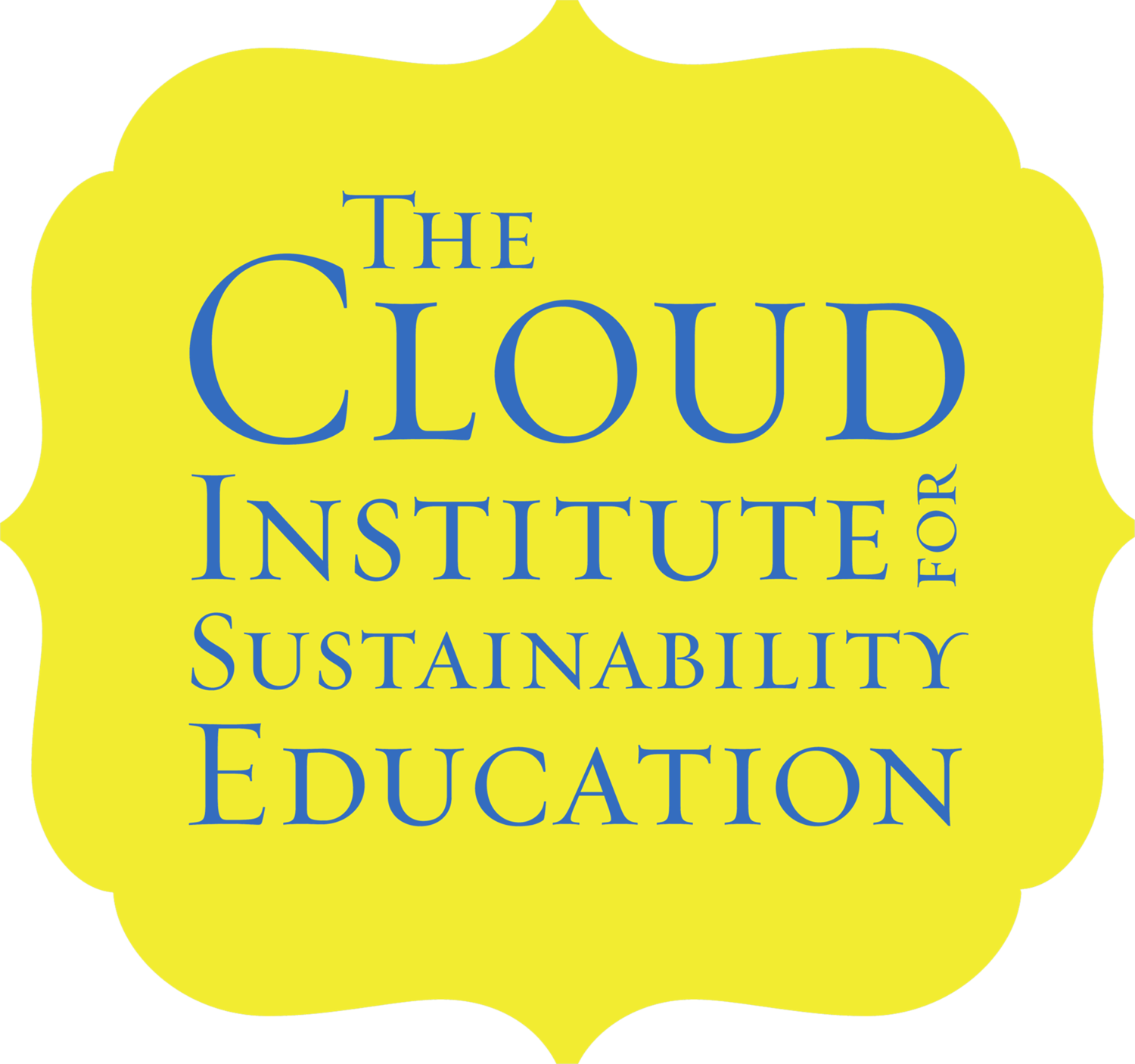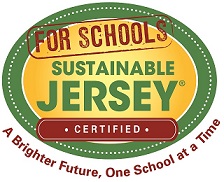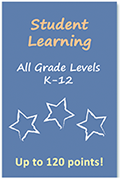Today, we’d like to introduce you to Compass Charter School, a new progressive elementary school located in Brooklyn, NY. The school, which opened in 2014, currently offers kindergarten through second grade, but plans to serve children in grades K-5 at full capacity. Compass Charter School is the result of a 2012-13 journey by three Brooklyn teachers who traveled the nation in search of what is working well in the American education system. Brooke Peters, Michelle Healy, and Todd Sutler called their expedition The Odyssey Initiative (OI) and returned home to establish a school using lessons learned along the road. “ From our experience on the trip, we decided to start a new school that was progressive, inquiry based and one that connected with authentic experiences in the real world,” explains Healy. It soon became clear that a charter school was the best fit for the trio’s innovative philosophy, which required a departure from the traditional public school structure of leadership and budgeting.
A Mission is Born
Upon their return, the travelers noticedthat a number of the schools encountered on their journey were using Education for Sustainability (EfS) as a unifying framework and ultimately connected with The Cloud Institute. “It turned out that some of the schools we visited were partners with The Cloud Institute so we got to see the program firsthand and how they worked with Jaimie,” describes Healy. EfS seemed to connect many of the ideas the trio wanted to focus on for their new school. “We found that it brought everything together for us. We wanted it to be natural and have a social justice and economic side,” says Peters. “EfS helped us get the vocabulary and the framework. It lead us to Jaimie and the mission was born.”
The Road Map Emerges
Intrigued by the EfS standards, Healy and Peters first attended The Cloud Institute’s Summer Design Studio (SDS) in 2014. They immediately noticed the SDS was not a typical Professional Development (PD). “It really was a design studio,” says Healy. “Jaimie was there and flexible when we needed it, but she was also able to step out if we wanted to do some work designing.” The two spent the week exploring how to vertically align the EfS standards with K-5 curriculum and integrate Science and Social Studies standards in a meaningful way. “ Even though our school wasn’t approved yet, we just paid for the studio to help us develop what we wanted and where we wanted to go,” explains Healy. “We added very special foundational things, like overnight camping, a trip to see civil rights things and more, all depending on the units and years. That was the road map.” Another benefit of participating in the SDS was the opportunity to connect with others doing this work. “We also met some other people while we were there and we got to visit and learn from educators in NJ and other places. So it was a nice networking event as well, “ describes Peters. Once the school opened, the two returned to the SDS to work on unit design, this time accompanied by the school’s new Sustainability Coordinator, Kristen Beneke and a few founding faculty. Jaimie began monthly on-site coaching to support school leadership and faculty to help build the school, refine the units and focus on content skills and assessment. The team is planning to return to SDS this summer to continue to document and map their curriculum.
An Integrated EfS Curriculum
The Compass Charter School created a curriculum that aims to connect children with the natural world and the systems that sustain communities. Located in one of the most racially and culturally diverse places in New York City, the school takes advantage oflocal resources, such as people, green spaces, architecture and history. Sustainability is woven throughout the entire curriculum, including a twice weekly Sustainability Studio and ongoing classroom units at least three times a week. Teachers and staff meet every week to plan the integrated sustainability lessons. All curriculum is aligned with EfS standards as well as Common Core and Next Generation Science standards. In grades K-2, students immerse themselves in the natural world and begin scientific inquiry through play, exploration, and hands-on activities. Once grades 3-5 are added, students will participate in civic engagement by researching natural and built environments, and designing and implementing service projects within their own community.
Walking the Talk
At Compass Charter School, sustainability education doesn’t end at the classroom door. Green practices are implemented throughout the school such as vermiculture, composting, recycling and even CSA (community supported agriculture) shares distributed at the student-run farmer’s market in the schoolyard. Community members help to provide healthy snacks, cleaning products, and water bottles for the students. The classrooms at Compass offer natural environments that contain wood furniture, plants, and signs made by the students and teachers. Students transfer what they learn in the studio throughout their day at school and at home. Families donate recycled materials for arts and crafts projects and students recycle and reuse materials by transforming them into new objects. Everyday a student comes into school with a new object from nature that they must share or use as inspiration for a piece of writing about the Earth.
The Odyssey Continues
Creating a school from the ground up is as energizing as it is daunting. “We are riding the bicycle and building the bicycle at the same time,” explains Beneke. “It’s a challenge, but from it we will create something beautiful.” And they are not doing it alone. The Cloud Institute’s partnership has been vital to Compass Charter School’s early progress. “I don’t know where we would be without the dedicated assistance from The Cloud Institute. It’s the centerpiece.“ says Peters. ”EfS brings it all together.”
For more on Compass Charter School, visit their website.















